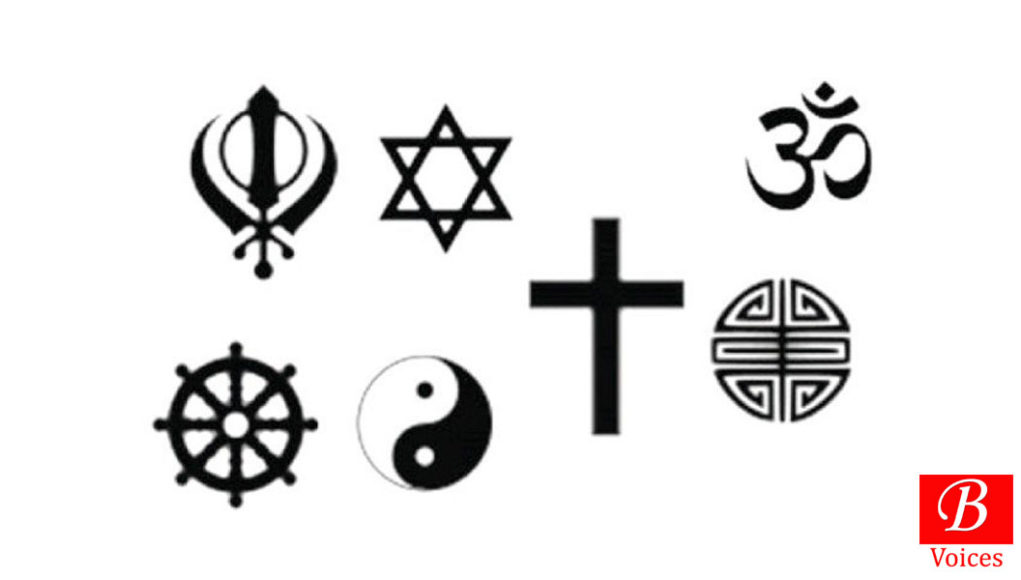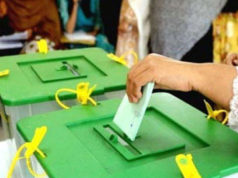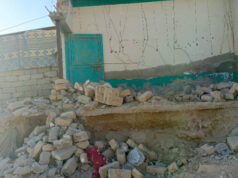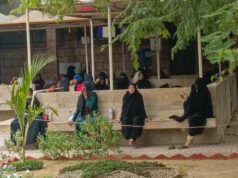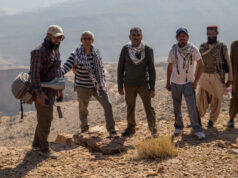Ayaz Khan
Vicky, a cleaner belonging to the Christian community, was requested by someone to accompany him to work. Vicky was told to unclog and install a new sewerage line in the Bhitabad area of Hub city. After completing day-long work, Vicky asked the person to pay him for his work. Instead of paying Vicky his due right (wage), the person started threatening him.
“They had had me work for the day long. When I asked the person to pay me 1500 rupees for the work I have done, he called his brother and started beating me badly. Fingers of the left hand are badly injured and I cannot work now,” says Vicky while showing his hand bandaged. “It’s our unfortunate,” he says, “we cannot complain against the people who punished me despite paying me my wage.”
Sandesh’s* business was grinding to halt after the situation in Balochistan started deteriorating. Sandesh* had, like a large of residents of Khauzdar, made his mind to escape hardships and concerns (about business) to migrate to Hub, one of the most urbanized and industrial cities of Balochistan. Finally, he bid farewell to his city and left for Hub in 2011.
A Majority of the Hindu community members believe that Balochistan is far better than other provinces as far as the community’s safety and harm to their religious beliefs are concerned. According to a report by the US Department titled ‘International Religious Freedom: Pakistan’, during the last couple of years, targeted killings and attacks on minority communities have declined. Part of the success, the report depicts, is related to the implementation of the National Action Plan. However, Balochistan lags far behind in terms of enacting laws in order to eliminate discrimination based on religion or religious beliefs. Balochistan has the only act which prohibits encroaching or occupying places belonging to religious minorities.
In 2017, Sandesh* had to go through a difficult time. He suffered a burglary. His mobile shop was broken into. He agreed to a non-confronting approach—he was asked not to launch an FIR in return he would get his valuables. “I got my some stolen valuables after police told me not to go for an FIR. I complied and got my valuables,” says Sandeh*. “A family of our community once resisted a theft and got killed in retaliatory firing. His family members closed the roads and soon culprits were apprehended. Later on, when killers completed their punishment, they killed the son of the merchant who was killed during a robbery,” says Sandhesh while emphasizing non-confrontation in such situations.
Chief Justice Tassaduq Hussain Jillani’s judgment and implementation
In 2014, Chief Justice Tassaduq Hussain Jillani gave his landmark judgment concerning security and discrimination on the basis of religion and religious beliefs. The judgment covered a wide range of issues related to minorities in Pakistan. Two important judgments were ensuring the quota of minorities in jobs and establishing a special police task force to ensure security with respect to minorities. Apart from these judgments, the CJP directed the Federal and Provincial governments to ensure that minorities are not discriminated on the basis of religious beliefs.
“Justice Jillani’s judgment was a landmark judgment. Our minorities including Hindus, Sikhs, and others quite ensured that after the judgment things will drastically change. We held numerous awareness events regarding the importance of judgment,” recalls Shezan Williams, a minority rights activist based in Quetta, adding that after years of passing the judgment, finally, the government of Balochistan took some serious steps. “I was part of the meetings. The hurdle for the government, as they said, was the non-availability of the police force to induct at worshiping places of the minorities. The other issue was Sunday, which is the day of our special prayer, where policemen had been off duty,” Mr. Shezan says further. According to Mr. Shezan, it was 2017 when an explosion occurred in one of the churches in Quetta which forced the government to increase the security of the worshiping places.
However, there is disagreement among the minority rights activists on the issue of establishing a special police task force for the security of the minorities.
“There is a lack of seriousness from the part of the state. Establishing a special police task force will not solve the issue. I was in Diplo when one of our temples was attacked by a mob. I learned that the one who broke one of our sacred idols was a policeman himself,” says Mukesh Magwar, a minority rights activist based in Sindh. “To ensure the security of the minorities,” Mr. Mukesh adds, “we need to finish the extremist mindset first which is the foremost cause of disrupting interfaith harmony.”
Is it possible to establish a special police task force?
Ahmed Bilal Mehboob, President of Pakistan Institute of Legislative Development and Transparency (PILDAT), sees the situation from a different angle.
“First of all, courts cannot dictate the legislative assemblies. The courts can demand. Second, as far as establishing a special task force for minorities seems a difficult job. Keeping in view the threat level, each minority group cannot have a separate force for protection. In this drawback, the Shia might demand one because they have been badly affected by the attacks or other groups might taskforces for them as well while keeping the threat in view,” says Ahmed Bilal Mehboob.
“Generally, what prevents the legislatures to avoid enacting specific laws with respect to specific groups is the issue of focusing on their own constituencies given the fact that they need to be elected again. This issue basically distracts them to enact group-specific legislation,” adds Mr. Mehboob.
* Names changed to protect privacy.
Share your comments!


